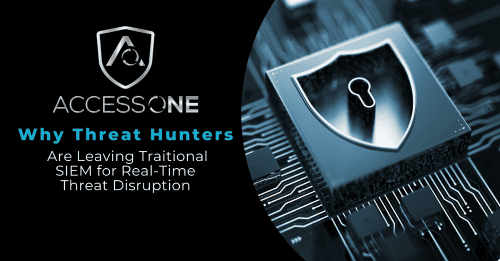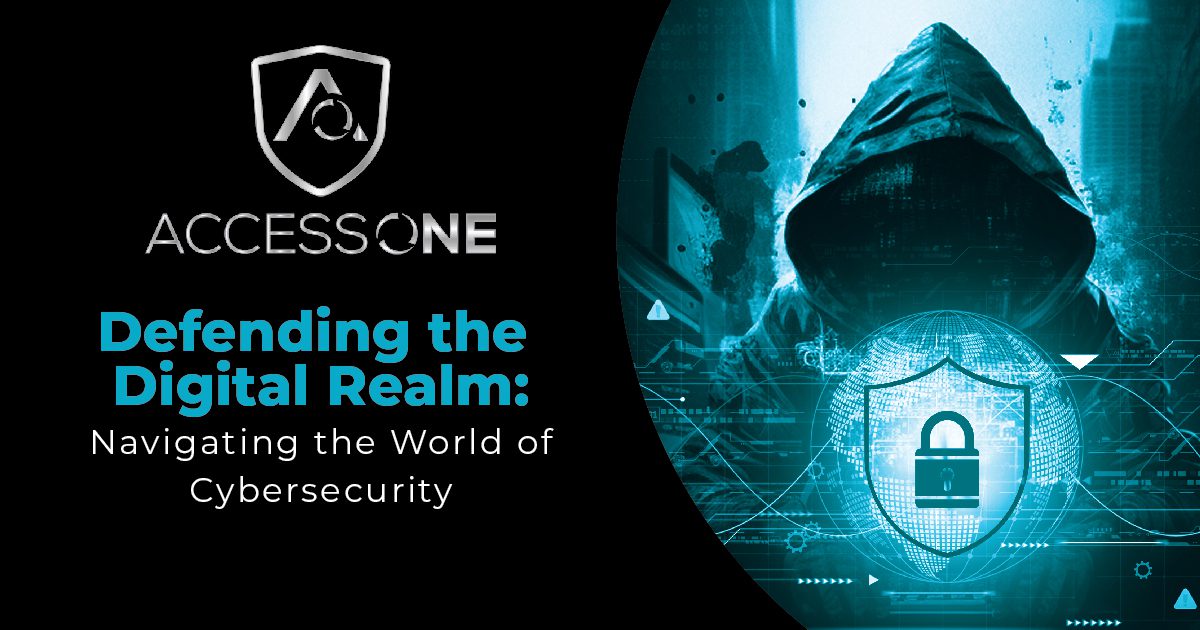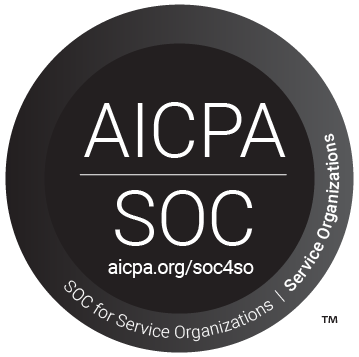The increase in remote working presents a challenge for both companies and their employees when it comes to information security. Working outside the office doesn’t come with the same safeguards as working on company premises. When a staff member is at the office, they have the security backup of the company’s team. Mistakes can still be made, but it is harder for bad actors to cause trouble.
Increasing Safety for Remote Workers
The threat of attacks on computers and ICT infrastructure is increasing. From 2019 to 2022, the top 10 most targeted industries will be healthcare, manufacturing, financial services, government, transportation, retail, oil and gas/energy and utilities, media and entertainment, legal, and education. According to CNBC, more than half of all small businesses suffered some kind of cyber attack within the last year.
This issue becomes more important now as more people are working from home. Here are some best practices to help you and your staff remain safe while remote working.
1. Physical Security
Reiterate to employees – if you haven’t already instructed them on this best practice – to never leave company phones or laptops in a car. Not even in the locked trunk. It is best if employees keep their devices on their persons at all times. Fortunately, this shouldn’t be much of an inconvenience with lightweight modern mobile devices.
Car thefts and break-ins have been on the rise. Emphasize to employees that the FBI has seen a six percent climb in vehicle thefts between January and June 2020 compared to 2019 in the same period. Additionally, some major US cities, including Denver and Los Angeles, have reported record numbers of car thefts in 2020, so keeping devices on your person is an important security precaution.
2. Stay Vigilant
Phishing is a common threat. Surprisingly, even tech-savvy people can fall for emails that purport to be from their bank, so it pays to be extra vigilant and think about whether or not an email is real. Remind employees that their banks will know their names or use a few digits of their account numbers, which a criminal will not. There’s no need to be hasty in clicking on a link. A few other best practices in the vigilance category you can pass onto employees:
- Check that home Wi-Fi connections are secure. While most Wi-Fi is correctly secured, some older setups could be at risk – meaning anyone in the area can access the network.
- Ensure antivirus and malware protection are in place and fully updated.
- Keep all security software up-to-date: privacy tools, extensions for browsers, and other patches for applications need to be checked regularly.
- Back up all files often. This is even more important now that people are working remotely and not on the office server. If your business has a cloud backup, then use it!
3. More Technical Tips
For many remote-access operations, employees should use a virtual private network (VPN). VPNs provide a flexible connection to the internet and can help protect traffic. But if employees are implementing VPNs themselves, urge them to check the reviews as not all VPNs are created equal.
Computers and emails should be encrypted. That way, even if a device is stolen, the crooks will not be able to access its contents. You might want to explore having an encrypted remote connection to an office or cloud server. Many of these connection types include encryption as a standard and do not need VPNs or other encryption services to secure the traffic.
Be wary of USB drives. Employees should only use ones that have been supplied to them by the company or ones they’ve purchased themselves. Random USB devices could have malware on them. Have a USB Data Blocker when charging a device in a public place. This only connects the charging points and does not allow data exchange, so malware cannot sneak onto your platform.
These tips are a solid foundation for your remote staff to work securely for the long haul. Use them to keep your business’s data safe and rest easy knowing your employees aren’t putting your company at risk.
If you have any concerns about security or want some more useful advice, Access One is available to help. Get in contact with our expert security team.















